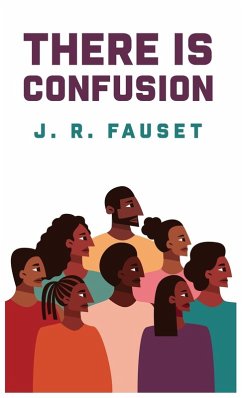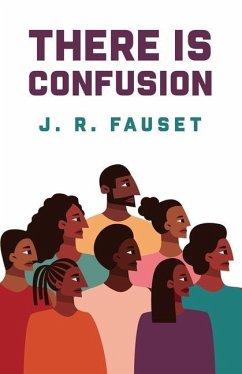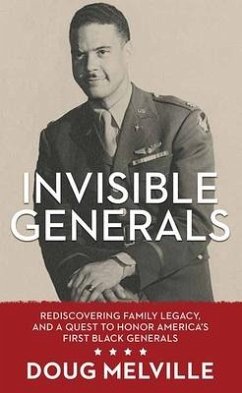
Africa for Africans
Or, The Philosophy and Opinions of Marcus Garvey

PAYBACK Punkte
13 °P sammeln!
Originally published in two volumes between 1923 and 1925, Africa for Africans: Or, The Philosophy and Opinions of Marcus Garvey is a compilation of letters, speeches and essays by one of the Fathers of Pan-Africanism. Hailed by Martin Luther King, Jr. as, "the first man of color. . . to make the Negro feel like he was somebody," Marcus Garvey was a polarizing yet influential figure whose legacy continues to be felt today. These philosophies, collected by Amy Jacques Garvey, his second wife and a pioneering journalist, chronicle Garvey's initial impressions and recollections of America, the fo...
Originally published in two volumes between 1923 and 1925, Africa for Africans: Or, The Philosophy and Opinions of Marcus Garvey is a compilation of letters, speeches and essays by one of the Fathers of Pan-Africanism. Hailed by Martin Luther King, Jr. as, "the first man of color. . . to make the Negro feel like he was somebody," Marcus Garvey was a polarizing yet influential figure whose legacy continues to be felt today. These philosophies, collected by Amy Jacques Garvey, his second wife and a pioneering journalist, chronicle Garvey's initial impressions and recollections of America, the formation of the Universal Negro Improvement Association (UNIA), his imprisonment and subsequent trial over the Black Star Line, and his scathing opinions of the National Association for the Advancement of Colored People (NAACP). Including such pieces as, "An Appeal to the Soul of White America," "The Negro's Greatest Enemy," and "Declaration of Rights of the Negroes of the World," Africa for Africans; Or, The Philosophy and Opinions of Marcus Garvey is an essential piece of Black history, professionally typeset and reimagined for modern readers.














